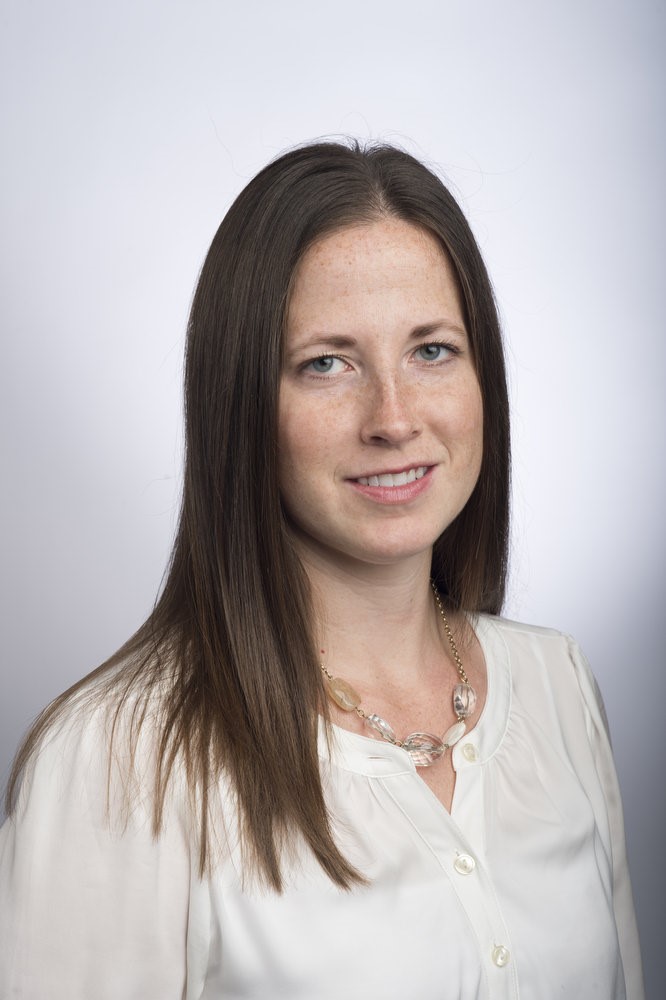Minnesota One Health Antibiotic Stewardship Collaborative (MOHASC)
- MOHASC Home
- About MOHASC
- News and Events
- Conferences and Presentations
- Honor Roll
- Stories
- Resources and Print Materials
- Contact Us
Related Topics
Contact Info
One Health Antibiotic Stewardship

Elizabeth Hirsch, PharmD, RPh: Stories of Antibiotic Use and Resistance
Clinical Pharmacist and Assistant Professor, University of Minnesota
I am a clinical pharmacist with infectious diseases expertise. In my clinical practice, I routinely encounter patients receiving antibiotics and make recommendations on their antibiotic therapies. I also run a research lab that studies the detection and treatment of antibiotic-resistant bacterial infections.
Unlike other medical specialties (such as oncology), any clinician with prescribing authority can prescribe antibiotics. Different from most other medications, the use of an antibiotic in one person can have an impact on its effectiveness in another person. While education about appropriate use of antibiotics is increasing, we still have a long way to go in creating awareness for both the public and all healthcare providers about reducing unnecessary antibiotic use.
My lab works with both old antibiotics and new antibiotics that are still in development. We try to understand their activity and efficacy – alone and in combination – against bacteria that cause resistant infections. We also study patient outcomes following resistant infections in an effort to design optimal treatment regimens..
In my research and practice, I have seen many patients treated with antibiotics when such treatment was not necessary. For example, patients may have normal bacteria present in a collected sample that are not causing infection. These patients are often treated “just in case,” putting them and others at risk for antibiotic-resistant bacteria. Education and awareness are needed so that healthcare providers and patients alike realize that antibiotics can and do result in harmful side effects, so should be held in reserve and used only when truly needed.
In my work as a clinical pharmacist with infectious diseases teams in the hospital, I have seen patients with infections for which almost no effective treatment options exist. It terrifies me that within my lifetime, we may run out of antibiotics to treat simple infections, which will also make many modern surgical procedures impossible.
I would like to know more about how and where resistance occurs, and how antibiotic stewardship efforts affect the prevalence of antimicrobial resistance. A national surveillance system that could track where resistance occurs in near real-time could help us react more quickly to help prevent infections and improve antibiotic use.
Last Updated: 10/20/2022